Hickory flooring is revered for its striking visuals and remarkable hardness, making it a popular choice amongst homeowners seeking both beauty and durability in their flooring. But exactly how hard is hickory flooring?
This query is frequently asked by individuals looking to invest in high-quality, long-lasting flooring solutions. This article will delve into the specifics of hickory flooring’s hardness, and why it might be the perfect choice for your home.
Hickory Hardness Scale
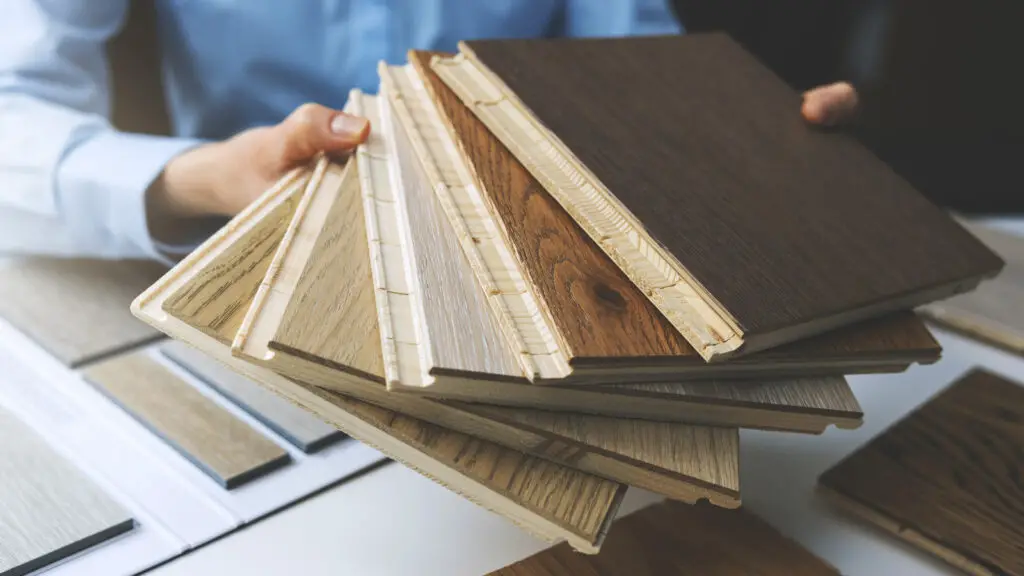
Janka Hardness Scale
The Janka hardness scale is the industry standard for gauging the ability of various types of wood to withstand pressure. It is a measure of the force required to embed a 0.444-inch steel ball to half its diameter in wood. This is the method used to calculate the hardness of all types of wood, including hickory.
The higher the number on the Janka hardness scale, the harder the wood. Hickory sits impressively high on this scale, making it one of the hardest domestic woods available in the market for flooring.
This high rating indicates that hickory is exceptionally resistant to scratches, dents, and wear, making it an ideal choice for areas of high foot traffic in the home.
Hickory’s Rating on the Janka Scale
Hickory is a standout performer on the Janka Hardness Scale, boasting an impressive rating of 1820. This places it among the top tier of domestic hardwoods, surpassing other popular choices such as oak, maple, and walnut in terms of hardness.
This high score signifies hickory’s superior resistance to wear and tear, making it less susceptible to scratches and dents.
It’s important to note that this hardness also contributes to hickory’s longevity, often outlasting other hardwood flooring types by years, even in high-traffic areas. Thus, hickory’s remarkable standing on the Janka Hardness Scale underscores its reputation as a durable and dependable choice for hardwood flooring.
Comparison with Other Hardwoods
Oak
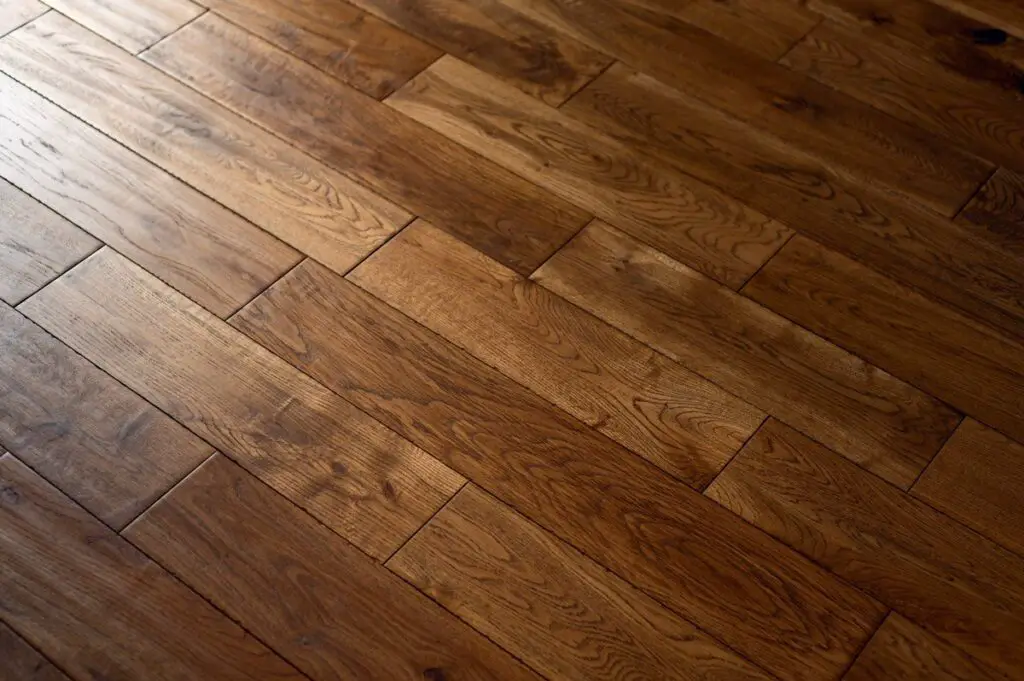
Oak is a widely used option for hardwood flooring due to its natural beauty and durability. On the Janka hardness scale, red oak ranks at 1290, while white oak scores a slightly higher 1360.
While oak’s hardness is commendable, it trails behind hickory. However, it’s this moderate hardness that gives oak its sought-after balance between durability and ease of installation.
Maple
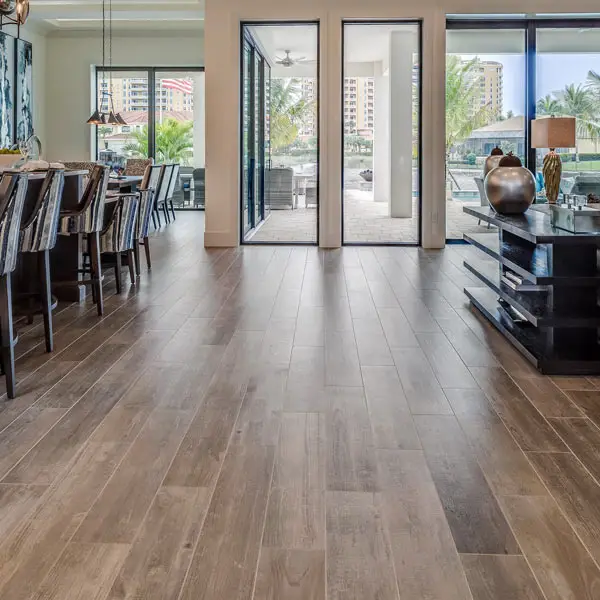
Maple, another popular choice for wood flooring, is renowned for its pale hue and subtle graining. With a Janka score of 1450, it is more durable than oak but still falls short when compared to the formidable hardness of hickory.
Its smooth, uniform texture gives it a contemporary appeal, but it may be more susceptible to scratches and dents in high-traffic areas.
Walnut
Walnut offers a rich, warm aesthetic with its deep and luscious color tones. However, its beauty comes with a trade-off in terms of hardness. Scoring a relatively low 1010 on the Janka scale, walnut isn’t as hard as hickory, oak, or maple.
While it can still endure daily wear and tear, it might require more frequent maintenance to retain its charm.
Cherry
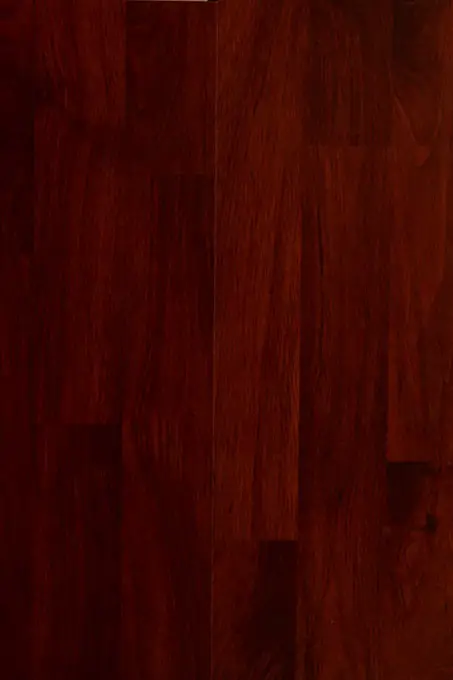
Cherry wood is prized for its reddish-brown hue and smooth grain. However, with a Janka hardness rating of 950, it is one of the softer hardwoods. This makes it less resistant to scratches and dents compared to hickory.
However, this softness allows for easier installation and can add a sense of warmth and luxury to a room.
So, while each wood type has its unique attributes and aesthetic appeal, hickory flooring remains the hardest among popular domestic hardwoods. Its superior hardness guarantees durability, making it an excellent choice for homeowners prioritizing longevity and resilience in their flooring.
Implications of Hickory Hardness
Durability and Longevity of Hickory Floors
Renowned for its exceptional hardness, hickory flooring stands as a testament to durability and longevity. Scoring an impressive 1820 on the Janka Hardness Scale, hickory surpasses many other popular hardwoods in its resilience.
This remarkable hardness means hickory floors are well-equipped to withstand the rigors of high-traffic areas without showing signs of wear and tear. Dents and scratches, common damages incurred by other types of hardwood floors, are significantly less likely to impact hickory.
Moreover, the robust nature of hickory contributes to its long lifespan. So, while the initial investment may be higher, hickory floors offer an excellent return on investment in the long run because of their extended durability and longevity.
Resistance to Scratches, Dents, and Damage
The exceptional hardness of hickory flooring not only ensures its durability and longevity but also provides a remarkable resistance to scratches, dents, and damages. Unlike softer hardwoods, hickory’s high Janka rating makes it highly resistant to the typical wear and tear caused by daily activities.
Even in high-traffic areas or homes with pets, hickory floors display an impressive resiliency, maintaining their aesthetic appeal despite potential challenges.
The inevitable minor accidents such as dropped kitchen utensils, moving furniture, or pet claws, which may leave visible marks on softer flooring, are less likely to mar the surface of hickory flooring.
This resistance to damage further reinforces Hickory’s position as a practical and long-lasting flooring choice.
Related Topic: Advantages And Disadvantages of Hickory Flooring
Challenges of Hickory Hardness
Installation Difficulties Due to Hardness
While the superior hardness of hickory flooring offers exceptional durability and resilience to damage, it also presents unique challenges during installation. The hardness that allows it to resist dents and scratches also means that it is more difficult to cut and shape, requiring professional-grade tools and expertise.
This can make the installation process more time-consuming, complex, and expensive compared to softer wood types.
Nails and staples may also be harder to drive into hickory, presenting additional challenges to securing the flooring effectively.
Despite these difficulties, with the right tools and experienced professionals, installing a hickory floor can still be a feasible task. Once installed, the long-term benefits of its durability and longevity often outweigh the initial challenges and investment.
Need for Professional Installation
Given the inherent hardness of hickory, professional installation becomes a critical component of successfully integrating this flooring into your home.
While DIY enthusiasts may be tempted to undertake the project themselves, the challenges posed by hickory’s hardness – from cutting and shaping to driving in nails or staples effectively suggest that this task is best left to professionals.
Expert installers possess not only the high-grade tools necessary for working with this durable material but also the experience to anticipate and mitigate potential difficulties.
This ensures a secure fit and finish, enhancing the floor’s performance and lifespan. Although professional installation comes at a higher initial cost, the investment is often justified by the superior result and the long-term benefits of hickory flooring’s durability.
Conclusion
In conclusion, the hardness of hickory flooring poses both challenges and benefits for homeowners. Its robust nature requires professional-grade tools and expertise, making the installation process somewhat complex and time-consuming.
Yet, it is this very hardness that affords hickory its remarkable durability and longevity. Despite the initial investment in professional installation, homeowners can enjoy a beautiful, resilient floor that stands up to the test of time.
Thus, hickory flooring, with its defining hardness, becomes a long-term investment in the quality and potential value of your home.
FAQs
How hard is hickory flooring?
Hickory is one of the hardest domestic wood species available for flooring. On the Janka hardness scale, it scores an impressive 1820, making it a tough, durable choice that can withstand high traffic and resist scratches and dents effectively.
Does the hardness of hickory flooring affect its installation process?
Yes, the hardness of hickory flooring does affect its installation process. Because of its robust nature, hickory is more challenging to cut, shape, and install compared to softer wood species. This means that installing hickory flooring usually requires professional-grade tools and expertise.
Considering its hardness, is hickory flooring suitable for homes with pets or children?
The hardness of hickory flooring makes it an excellent choice for homes with pets or children. Its durability and resistance to scratches and dents make it able to withstand the wear and tear caused by active family life. However, it’s essential to maintain regular cleaning and upkeep to preserve its appearance over time.
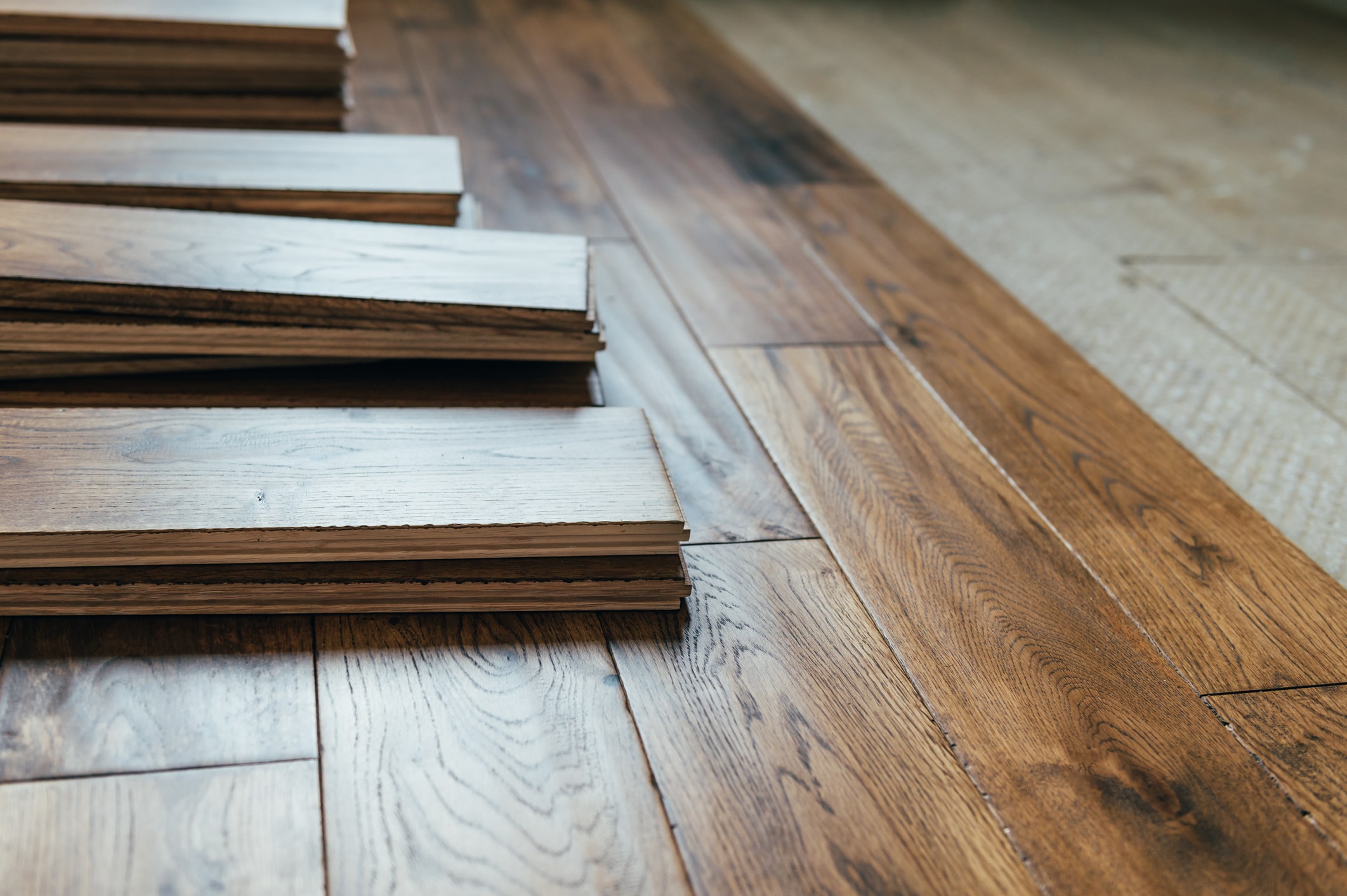
3 thoughts on “A Comprehensive Exploration: How Hard Is Hickory Flooring”